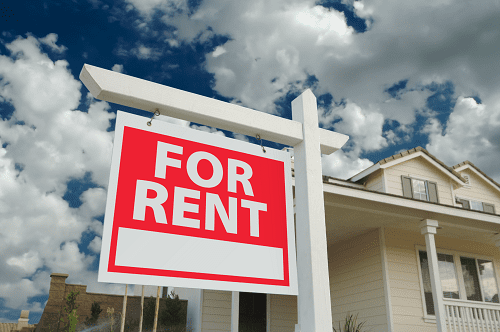
Budgeting for Your First Apartment
Whether your decision to move into your first apartment is by your own choosing or the only option, it’s important to create a budget before you sign a lease. Here are five tips to help make your transition to your own place a good one, financially speaking.
Know how much you have to devote to housing expenses. The typical rule of thumb is to spend 25 to 35 percent of your income on housing. Spending less is fine, but if you spend much more than 35 percent of your income, you increase the risk of having a hard time making ends meet.
Choose an affordable location and place. Of course you want to be close to work or school, but at what cost? Once you know how much you can afford to spend, you can find a location that is within your price range. Check out at least half a dozen properties so that you get a good feel of what’s available, and don’t be afraid to negotiate.
Decide on living alone or with roommates. Having roommates might be a little too much like the dorms from your college days, but it might mean the difference between having a place that’s mostly your own or living in your childhood bedroom. Renting a house, and subletting the rooms to friends, can be a great option as long as you disclose your plan and get your landlord’s approval. 
Add up the extras. Having your own digs comes with other expenses besides filling the fridge and having to buy your own shampoo. You need to know how much you can expect the utilities, renters insurance, cable, Internet, parking, lawn care and garbage removal to add up to each month. Sometimes landlords include these expenses in the total rent, so it’s important to know what you’re expected to pay. This should be included as part of your housing expenses, so if it puts you over a quarter of your take-home income, you might want to look at other properties.
Start an emergency fund. You never know when life will take an unexpected turn, so build up some savings and sock it away in a savings account. Start with a goal of $1000 or whatever your monthly rent payment is. From there, add to it until you accumulate six months’ worth of living expenses so that you have enough for emergencies.
Use these five tips to help you create a budget that works for you and allows you to be financially independent as you start a new chapter of your life.
